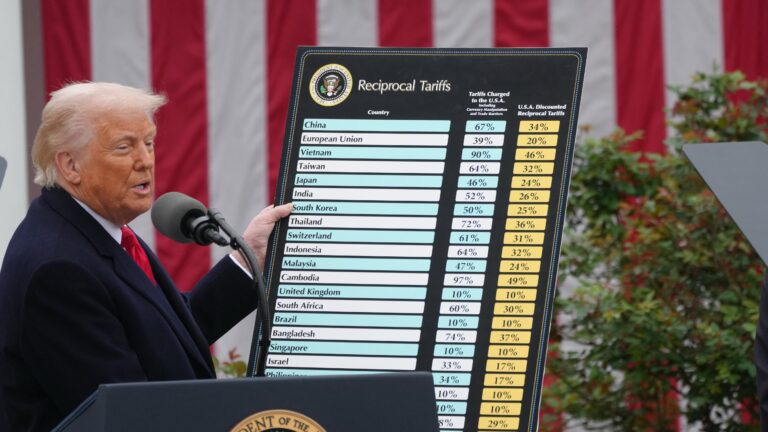Minister of Technology and Industry László Palkovics announced that Hungary will be able to reduce its gas usage by a third by 2050.
Alternatives and Plans
According to the proposals, the district heating systems, which are primarily powered by gas, would be entirely replaced by geothermal energy, but a plan is also being developed for the creation of biomass-based energy. The Minister of Technology and Industry stressed that locally produced energy sources, which have a far lower environmental impact, are the focus of the current Hungarian programmes, MTI reported.
By 2050, Hungary hopes to dramatically reduce its reliance on imported gas, from its present 11.5 billion cubic metres per year, by cutting its annual gas consumption to no more than 3-4 billion cubic metres and increasing the production of non-fossil fuels.
László Palkovics declared that the EU’s COP27 commitments, which take into account the climate goals outlined in the 2015 Paris climate agreement, correspond to Hungarian interests while outlining the specifics of the meeting of the ministers responsible for environmental protection of the member states of the European Union that took place in Luxembourg on Monday morning. With a focus on domestic energy production, Hungary’s relevant energy transition plan seeks to simultaneously achieve all needs from the standpoint of the climate goals. According to him, it aims to be affordable, considers how energy production affects the environment, and also considers the availability requirement, which asks whether there is enough of a certain energy carrier already available or whether it can be generated.
A Compromise Most Welcome
László Palkovics stated that there are no longer any unresolved issues between Hungary and the European Commission with regard to energy issues ahead of his bilateral meeting in Brussels with Margrethe Vestager, the EU Commissioner in charge of a Europe ready for the digital age. Hungary has fully complied with all conditions, including those imposed by the EU committee, concerning the use of renewable resources or solar power plant capacity. The Minister of Technology and Industry continued added: ‘The requirement for the realization of the undertakings is that Hungary receives the necessary resources from the European Union.’
Hungary opposes the idea of an EU gas embargo since the country relies substantially on natural gas. The EU measures that jeopardize the security of the energy supply are not supported by the Hungarian government, Minister Gergely Gulyás stated in reference to a potential embargo. Hungary was exempted from the suggested gas price restriction at the EU Summit last week in Brussels.
The European Commission’s energy proposals, according to Prime Minister Viktor Orbán, had been Hungary’s largest threat. He noted that had the proposals been adopted, there was a chance that Hungary’s gas supply would have been cut off within a short period of time. Orbán noted that Hungary was not alone in opposing the price cap and succeeded in coming to a fair compromise.
Related Articles:






